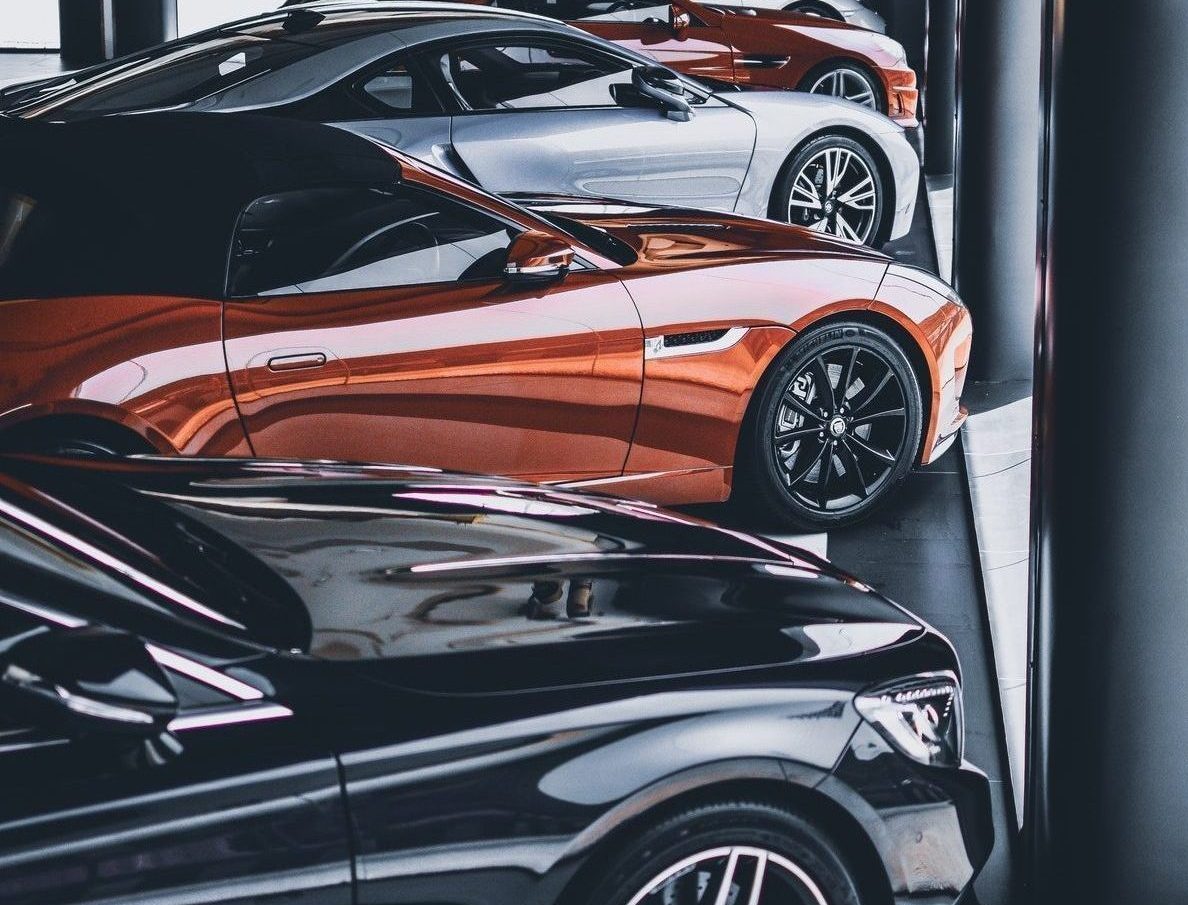20th August 2024 | Erin Gibbs-Charles | Classic and Super Cars, Dispute Resolution, Celebrity-Owned Cars
“Baby, you can drive my car” purred the Beatles in their 1965 album Rubber Soul. However, it might cost you up to 335% more* than a comparable car to buy if it just happened to have been owned by a rock-star, celebrity or person of note (* having considered a number of such sales recently) - and that does not include the remarkable £722,500 paid by the successful bidder at auction in 2022 for Princess Diana’s 1980s Ford Escort RS Turbo!
The allure of celebrity-owned cars has captured the fascination of car enthusiasts and fans alike. The thought of owning a vehicle that was once driven by a famous personality can be incredibly enticing. However, beneath the glamour and prestige of such ownership lies a number of potential and costly pitfalls.
Matthew Ball, Partner at Sherrards who acts for collectors, restores and dealers of classic and supercars and Erin Gibbs-Charles, a Solicitor in the firm’s Litigation Department, explore the importance of ensuring that the history of a classic or supercar that may (or may not) have been driven by a famous person, or which took part in a famous or historical event, is properly researched and documented.
Misrepresentation
With such potential uplifts in value, it can be enticing for a car’s history to be, let’s say, …elaborated on. Misrepresentation claims in the context of celebrity-owned cars can manifest in various ways, similar to any other car purchase. However, the ‘celebrity factor’ can add a degree of complexity to the situation whilst exploiting buyers’ emotions and desires to own a piece of fame.
False Ownership Claims: Unscrupulous sellers may falsely claim that a car was once owned or driven by a celebrity, seeking to inflate the vehicle’s value. Sellers might otherwise exaggerate the car’s connection to the celebrity, portraying it as a ‘prized possession’ when, in reality, it had a minimal or tenuous association. These claims can sometimes be difficult to verify, especially if the celebrity’s ownership was not publicly documented.
Fabricated Documents: Taking things further, some sellers might go as far as to create false documentation linking the vehicle to a celebrity.
Condition and Authenticity: Additionally, and as is a risk with any vehicle, the condition of the car may be misrepresented, potentially hiding significant issues that can lie (quite literally) underneath. The car may have even undergone extensive restoration or repair since the ownership, possibly to the point that little of the original vehicle that was once cherished by the celebrity remains and/or any character it had attained is lost.
Price Inflation: As already touched upon, celebrity-owned cars can command higher prices due to their association. However, sellers might still nonetheless overprice the vehicle, testing the market and capitalising on buyers’ willingness to pay a premium.
Navigating the purchase of a celebrity owned vehicle
Research the Market: Firstly, understand the market and the value range of the type of car that you are considering purchasing. This will help you gauge what sort of ‘uplift’ the seller is seeking to add due to the association.
Verification of Ownership: Before committing to a purchase, research the car’s ownership history and the celebrity’s connection. Official documentation such as verifiable ownership records can help confirm the authenticity (and extent) of the celebrity’s ownership or association, along with contemporaneous evidence such as photographs, social media or press releases. Insist on seeing documentary evidence of the celebrity’s ownership from the outset. Be cautious if the seller is unable or unwilling to provide such proof. Ideally, ensure that a sale and purchase contract is prepared, specifically referring to and annexing the evidential documentation proving ownership and seek warranties from the seller.
Third-Party Appraisal: Whilst the value ‘enhancement’ attributable to celebrity ownership can be extremely difficult to determine (and is, ultimately, simply a question of what someone is prepared to pay!), consider obtaining a professional appraisal from a reputable expert who is familiar with the type of vehicle in question. An independent assessment can provide further insight into the car’s underlying value and condition, helping you to determine what ‘uplift’ is being applied due to the association and whether you are prepared to pay that much.
Preservation of evidence: Whilst something to consider after a purchase, it is more common than you’d think for historical records relating vehicles to be lost. Consider lodging a copy of these (along with things like ownership, service and restoration records) for safe keeping with vehicle registers or online repositories (such as The Motor Chain www.themotorchain.com), relevant Car Clubs or with a third party. If for any reason the originals are lost, along with any vital evidence of the celebrity connection, at least your £722k Ford Escort will not suddenly be worth a more grounded £20k or £30k.
Conclusion
If you are considering purchasing a classic or supercar that is being sold at a premium due to its association with a celebrity, please have in mind an axiom that has stood me and my clients in good stead over the years – “if it’s not in writing it never happened’”.
Evidence and documentation is key; not only to ensure that you are not overpaying when purchasing such a vehicle, but also to ensure that it maintains its value (underlying market trends aside!) right up to the point you may wish to pass on the dream of ownership to someone else.
Written with the help of Erin Gibbs-Charles, Trainee Solicitor, Litigation and Dispute Resolution.

